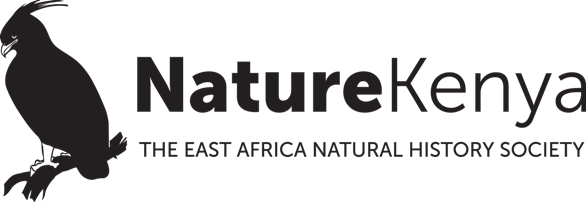By Joshua Sese
Mumoni Hill Forest Reserve Key Biodiversity Area (KBA), is a species-rich dryland hilltop ecosystem emerging as an inselberg from arid scrubland vegetation on plains 600m -1800m above sea level. It is located in Mumoni subcounty of the vast Kitui County. The KBA is characterized by scrublands and wooded bushland on the lowlands and an upland dry forest ecosystem dominated by Drypetes, Combretum, Vepris and Croton species on the hilltop. Perennial springs that sustain human and animal water needs occur there. The forest reserve is surrounded by a constantly growing human population that practices small-scale agriculture.
Mumoni KBA is well endowed with biodiversity. It is home to Hinde’s Babbler (Turdoides hindei), a Kenyan endemic bird species listed in the IUCN Red List as Vulnerable (VU), the endangered (EN) Martial and Crowned eagles, and Afro and Palearctic migratory birds. It hosts a large plant diversity of more than 350 species, including dryland endemics restricted to the East African floral region, 24 mammal species, and 17 species of reptiles and amphibians. The pancake tortoise (Malacochersus tornieri), listed in Appendix II of CITES, and the Taita toad (Bufo taitanus), previously only known to occur in Taita Hills, have also been recorded in the KBA.
However, the KBA faces threats which include encroachment, illegal harvesting of timber and firewood, charcoal burning, over-harvesting of medicinal plants such as Warburgia ugandensis and Pittosporum viridiflorum, overgrazing, and poor agricultural activities like slash and burn which often causes forest fires.
Mumoni Site Support Group (SSG) is a local community group at the forefront of conserving, protecting and restoring biodiversity in the Mumoni Hill Forest Reserve KBA. The group was officially registered in 2016 with the aim of promoting environmental conservation at the KBA. It participates in activities such as beekeeping, tree seedling production and planting, and awareness creation through market and school outreaches and chief’s barazas to sensitize and educate the public on environmental conservation. The SSG also undertakes biodiversity monitoring and actively participates in international days such as World Desertification and Drought Day, among others.
